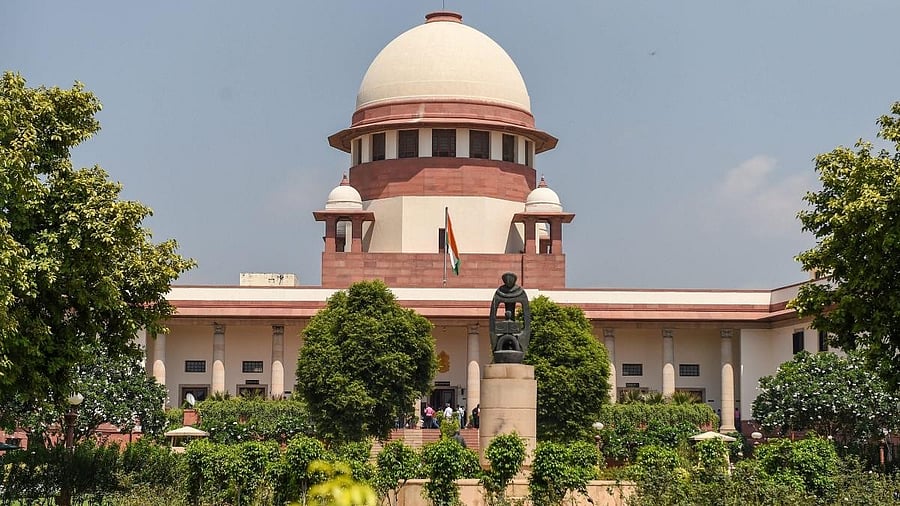
The Supreme Court of India.
Credit: PTI Photo
The Supreme Court’s recall of its judgement on retrospective environmental clearances is a setback to environmentally informed governance. On May 16, the Court held that ex post facto clearances by the government to building projects were a “gross illegality”.
A 2:1 majority ruling by Chief Justice B R Gavai and Justice Vinod Chandran has now reversed the earlier ruling – the Vanashakti judgement – and held that if allowed to operate, the verdict would have a “devastating effect” and “thousands of crores of rupees would go to waste’’.
Dissenting Justice Ujjal Bhuyan endorsed the earlier ruling and described the review judgement an “innocent expression of opinion” which overlooked the “very fundamentals of environmental jurisprudence”. The view held by Justice Bhuyan, who was part of the original verdict, presents a strong counterpoint to the majority ruling.
It has been claimed that the recall is on technical grounds and merely addresses errors in the previous judgement. This is no validation for a post facto clearance regime, and the review judgement, it is argued, only lifts the stay on government notifications and procedures, thus avoiding wastage of investment of around Rs 20,000 crore.
There are 24 central projects worth Rs 8,293 crore and 29 state projects worth Rs 11,168 crore pending because of the earlier ruling. But when violations are validated in the form of post facto regularisation, the integrity of environmental governance comes under question. There are many precedents of courts, including the Supreme Court, ordering demolition of structures constructed in violation of environmental and civic regulations. An illegality should be treated as an illegality.
Justice Bhuyan has adhered to the Court’s consistent position on environmental issues. In 2017, the Court had ruled that “the grant of an environmental clearance cannot be taken as a mechanical exercise” and “ex post-facto environmental clearance... could lead to irreparable degradation of the environment”. Justice Bhuyan's observation that “there is no concept of ex post facto clearance in environmental law” is in line with this position.
While the majority judgement talks of “public interest”, it is difficult to see how diluting environmental regulations serves public interest. There is a cost in implementing the Vanashakti ruling, but it is not greater than the cost of regularising violations. This reversal will remove deterrence from the prior-approval regime and may incentivise violations. Offenders are ready to pay up for their violations because the commercial gains are greater.
The ruling has sent out a wrong message and has missed an opportunity to emphasise that breaching environmental regulations may have an irreversible fallout.
